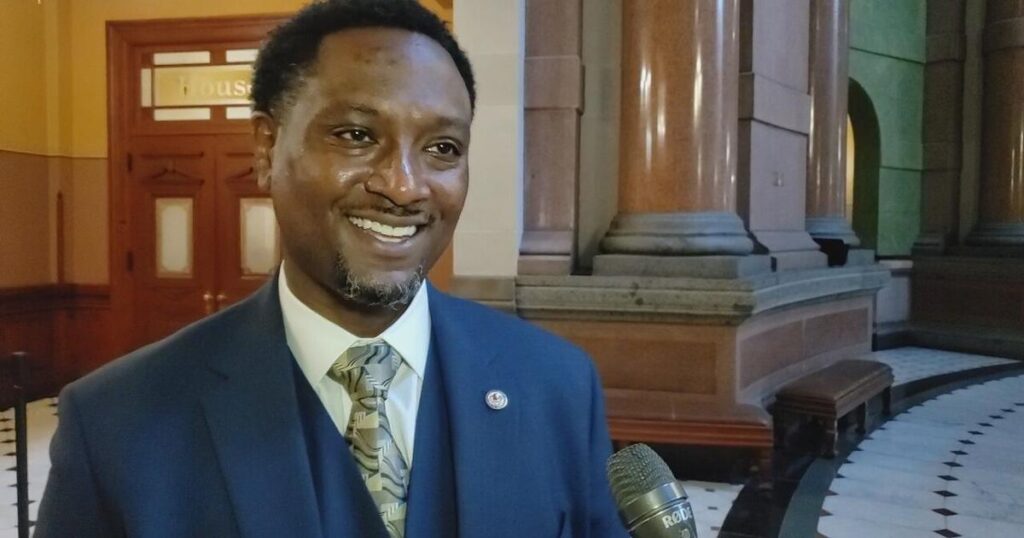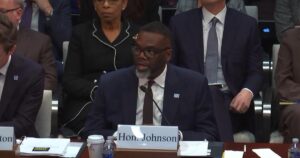(The Center Square) – The chair of the Illinois House Ethics and Elections Committee is defending a hastily approved election year change to election law preventing candidates from being slated for the November election.
Gov. J.B. Pritzker signed Senate Bill 2412 Friday, less than two days after it was approved by the House and concurred by the Senate.
“It really does make sure that we don’t have backroom deals to put people on the ballot and run as a result of some small group of people in a smoke filled room making the choice,” Pritzker said before the Senate passed the measure. “So I think, to me, more transparency is better.”
The measure also brings about three non-binding ballot referendums for Illinois voters: one about In vitro fertilization, another about poll worker safety, and the third dealing with property taxes. That effectively blocks any other ballot questions from being proposed, pending any possible objections.
The new law effectively ends the slating of candidates for the November election by Democrats or Republicans in races where no candidates for that party ran in the primary.
Before the measure passed, Pritzker said it’s more of an ethics bill than an election bill. But it wasn’t brought up in the House Ethics and Elections Committee before it was called in the House. It went through the House Executive Committee.
State Rep. Maurice West, D-Rockford, is the chair of the House Ethics and Elections Committee. He said that was just a matter of scheduling and there was nothing untoward about how the measure passed by gutting and replacing a bill about child welfare. He said the rules allow for that. To the substance of the bill, he said it was needed.
“Get their petitions like everyone else and run in the primary and/or try their hardest to … be a write-in candidate, there’s nothing more accessible than that to me,” West told The Center Square.
Before the measure passed the Senate, state Sen. Jason Plummer, R-Edwardsville, said it is offensive, absurd and an affront to democracy.
“They’re trying to take options away from voters,” Plummer said. “They’re trying to prevent people from getting on the ballot in the middle of the election. Not for next election. Not for two elections from now. This election.”
Juvandy Rivera, who is looking to be slated as a Republican to take on Democratic state Rep. Eva-Dina Delgado in the 3rd House District, said he still intends to file petitions. The Illinois State Board of Elections said last week it intends to take petitions and let the objection process play out.
Wednesday, Delgado, D-Chicago, wouldn’t say whether she’d challenge Rivera’s candidacy if he files to be slated.
“I, as a good candidate, would make sure that those signatures are valid and if they are, then fantastic. If they aren’t, then we would proceed to the next step,” Delgado said. “So the answer is it depends.”


Illinois State Rep. Eve-Dina Delgado, D-Chicago
BlueRoomStream
State Rep. Blaine Wilhour, R-Beecher City, said the new law is another attempt by the Democratic supermajority to try and keep competition off the ballot in key competitive districts.
“They want to subvert the peoples’ ability to have a choice on their ballot and I think there’s serious issues with that,” Wilhour told The Center Square.
Candidates looking to be slated for the November ballot who didn’t run in the primary have until June 3 to file with the Illinois State Board of Elections. Objectors will then have until June 10 to file objections. Litigation against the law is also possible.
Catrina Petersen contributed to this report.





